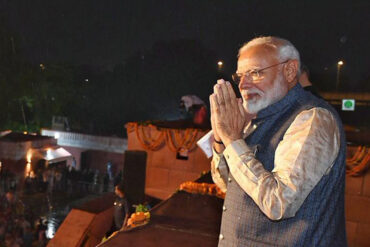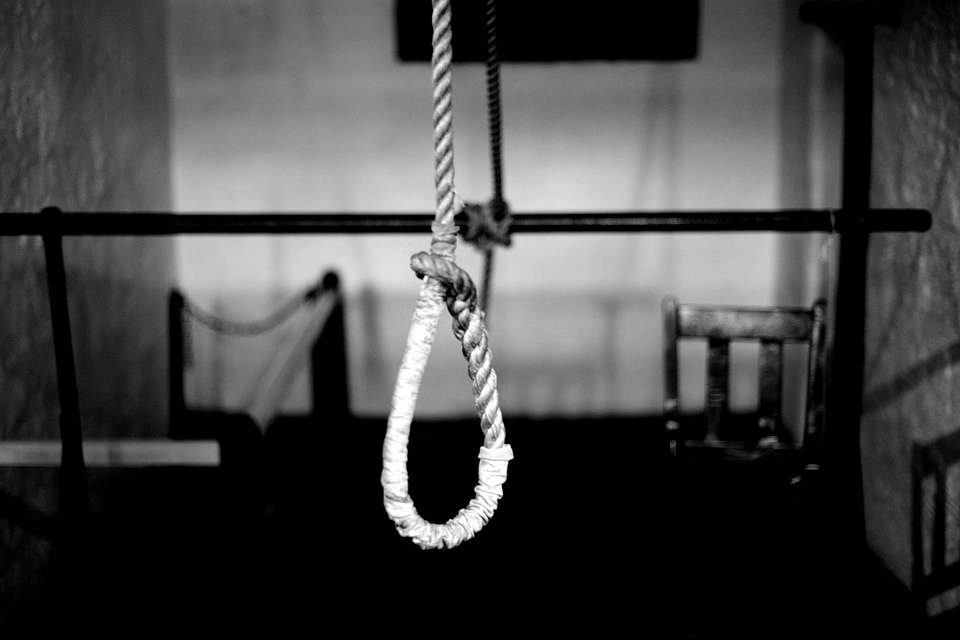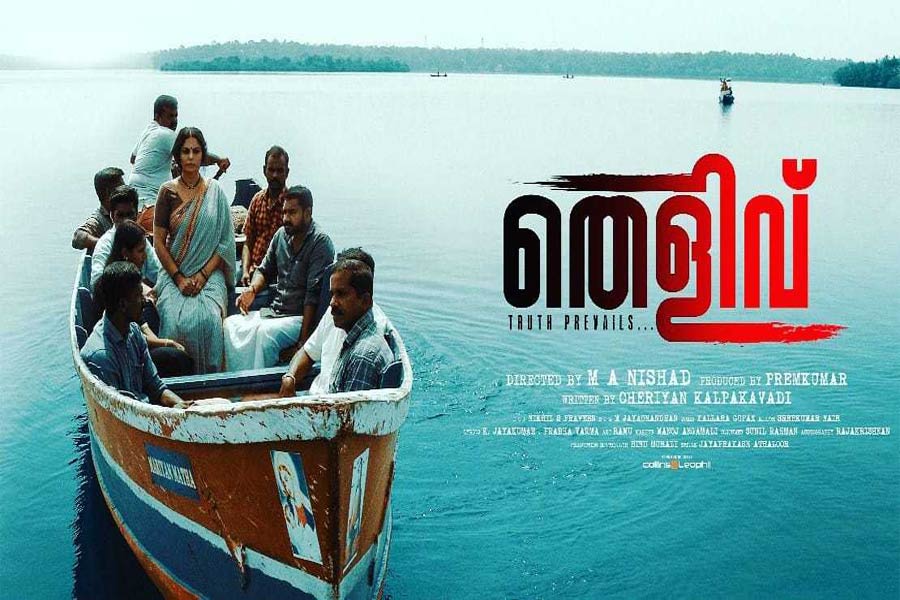While the Kerala police is basking in the glory of arresting a well-known actor in connection with the conspiracy and sexual assault case, the same Kerala police is at the receiving end of scathing criticism for the alleged custodial torture of a Dalit youth last week which resulted in the young man killing himself the next day. Vinayakan, 19, was taken into custody by the Pavaratty police on Monday and was released on the same day. He was found hanging at his house at Engandiyoor on Tuesday.
Though in India there are stringent laws like the Scheduled Castes and Tribes (Prevention of Atrocities) Act, 1989, atrocities against Dalits including those by the police itself is taking place at an alarming rate. In a similar incident that took place in December 2016, a Dalit woman was found dead in Kozhikode after she was taken into custody late night by the police at Kuttiyadi, Kozhikode. Athira, 19, an X-ray technician at a private hospital in Kozhikode was taken into custody late night and it was informed that she was brutally harassed by the police though there was no criminal charges registered against her.
The girl was taken into custody while she was learning to ride scooter along with a friend. The scooter was borrowed from one of her colleagues whose husband was charged in a political case. It was informed at that time that the police also tried to implicate Athira and her friend in that case. Athira was released later and she allegedly killed herself by consuming poison soon after she reached back to the hospital.
Vinayakan was working at a beauty parlour and when the police took him into custody he was speaking with his girlfriend over his mobile phone. His friend Sarath was also with him. Vinayakan and Sarath were allegedly beaten brutally by the police and were interrogated in connection with gold chain robbery incidents which have been occurring in the area. The police is said to have taken the duo into custody as they did not have necessary papers for their motorbike. Two civil police officers, Sreejith and Sajan, have been suspended in connection with the case.
Meanwhile, the two incidents of alleged suicides soon after the victims were released from police custody raises some important questions ranging from what must have made the police to take the victims into custody, why did the police try to implicate the victims with other charges which they might not have any clue and what sort of harassment they had to face while they were under custody. The police probe into Athira’s suicide case is learnt to have reached nowhere.
The public outcry in these cases also seems to be far behind the normal level. Since the pressure from the public is relatively at a lower level, there are chances for the interrogation to adopt a slow pace. Though the preamble of SCST Act itself says about the provisions of special courts to deal with atrocities against the members of this group, almost all such cases are seen to be losing importance two-three weeks after it happens. There are four special courts in Kerala to deal with cases under SCST (POA) Act and very rarely cases reach for trial in these courts as most of the victims are from socially and economically backward conditions. It has been observed that most of the time, the cases are being settled even before they reach the courts.
Postmortem report
The postmortem examination report of Vinayakan which was published last day affirms the possibility of brutal custodial torture. The police have been consistently declining the allegations of custodial torture while the postmortem report says the other way. The postmortem has confirmed that there were five suspicious injuries on the body.
Besides, the three identical scars on the forehead, severe injuries on the abdomen and injury above the right nipple also torch light to the possibility of custodial brutality.







